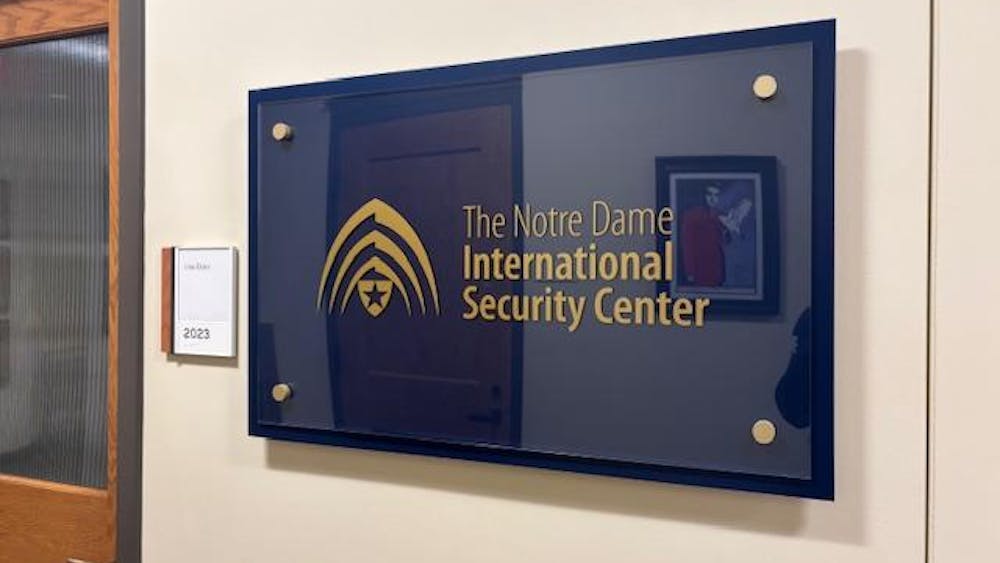
Notre Dame admitted almost exactly 15% of students who submitted restrictive early action (REA) applications for the undergraduate class of 2028.
Applicants learned of the University’s decisions on Dec. 15.
Rudy Sandoval of Whiting, Indiana, was one of the 1,724 students who were accepted. Sandoval, who goes by the nickname Rudy because it’s easier than Rodolfo — not because of Notre Dame icon Rudy Ruettiger, said he was nervous before and shocked after receiving his offer of admission.
“It took me a little bit to digest that I got into Notre Dame,” Sandoval said.
Class of 2028: The Numbers
The REA applicant pool this cycle included 11,498 students from more than 4,600 high schools across all 50 states and 109 countries. Last fall 11,163 students submitted REA applications.
Vice president for undergraduate enrollment Micki Kidder said the 3% increase in the size of the REA applicant pool in 2023 is consistent with Notre Dame’s peer institutions. Kidder added that many colleges and universities are pulling in fewer applications this cycle and that the University will understand changes in applicant pool sizes more clearly after the Jan. 1 regular decision (RD) deadline passes.
According to undergraduate admissions’ Instagram, 56% of the REA applicant pool did not submit a standardized test score. Around 37% of students admitted to the class of 2027 last cycle did not provide test scores.
Kidder explained that comparing the two percentages is like mixing apples and oranges. She said the University won’t report the percentage of admitted students who forewent submitting standardized test scores until the RD cycle concludes.
Notre Dame’s test-optional practice is in its fourth year. This summer, the University announced it was extending the practice through at least the 2024-2025 cycle. Kidder said undergraduate admissions was still analyzing the impact of the practice and might make a final decision in 2025 about whether it stays.
A Dec. 18 news release stated that the 2023 REA applicant pool included a record number of applications from international students, and Kidder said first-generation students made up close to 20% of applicants.
A June 12 news release stated that 34% of the class of 2027 identified as U.S. students of color. On June 29, the U.S. Supreme Court ruled that race-conscious admissions policies in higher education were unconstitutional. Kidder said the decision prohibits colleges and universities from considering race as a variable when determining the admissibility of an applicant.
In the University’s comprehensive review of applicants, Kidder explained, race is no longer a factor.
“Notre Dame has always and will in the foreseeable future continue with an individualized, comprehensive review of the application,” Kidder said. “That existed pre-SCOTUS ruling and certainly exists post — to where each incredible applicant and human being deserves and receives a full review of their individual journey and their materials.”
Yielding the Class of 2028
Kidder said Notre Dame will host spring Rallies for admitted students to explore the school’s community, academics, faith and campus on March 24 to 25 and April 14 to 15.
“The Rally is the marquee yield event to get these admitted students and their families to campus, and they fall in love with the community — we hope,” Kidder said.
Sandoval said Notre Dame was his top choice and that he didn’t have many other schools in mind. He plans to study chemistry, history and maybe minor in psychology. Sandoval explained that he learned about Notre Dame by attending its Summer Scholars program.
“I actually lived in a dorm during Summer Scholars, and it is very inclusive,” Sandoval said. “There’s a lot of people who want to get to know you.”
Around 70% of REA-admitted students typically enroll at the University.









